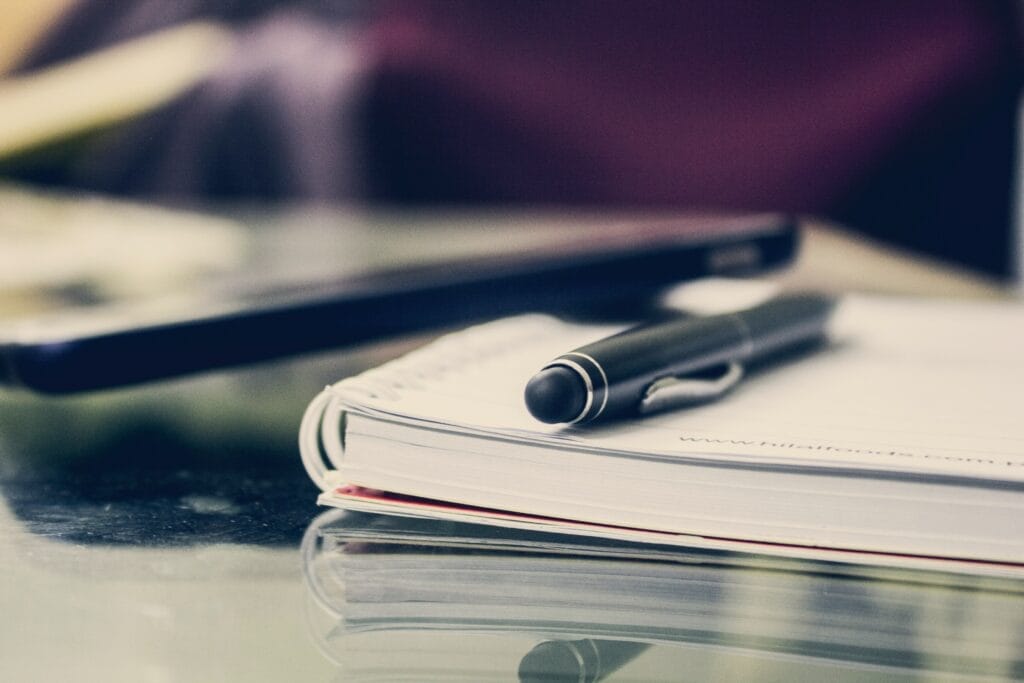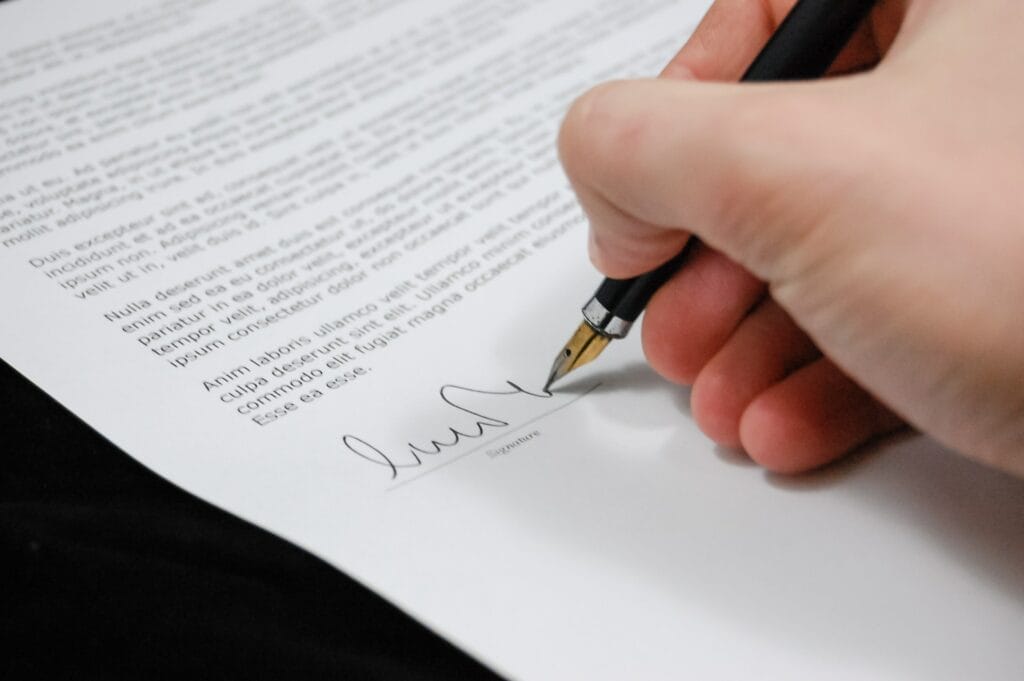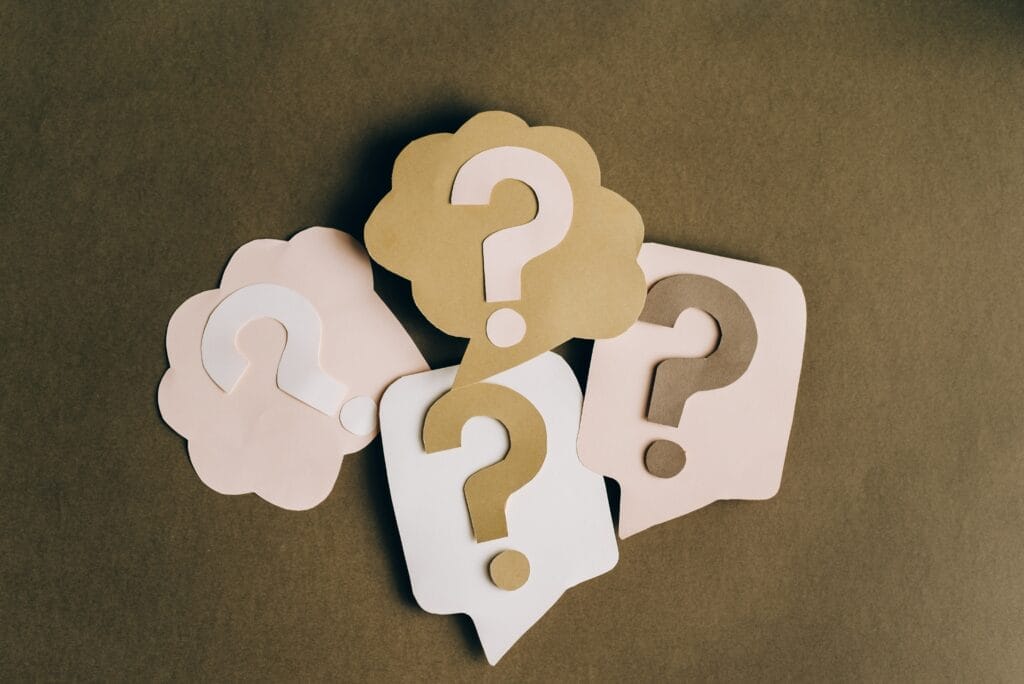Essential Things to Know and Understand About Copyright Rules
There are a few things you should know about copyright rules before using someone’s work. Copyright protects original works of authorship, such as books, movies, music, and art. If you want to use a copyrighted product or work, you need to get permission to use the material from the copyright holder. You can usually find contact information for the copyright holder on the work itself. Keep in mind that even if a work is old, it may still be under copyright protection. Works created after 1978 are protected for the author’s life plus 70 years. Works created before 1978 may be protected for different lengths of time, depending on when they were published.

How Long Does a Copyright Last?
Copyrights generally last for the life of the author plus 70 years. However, there are some exceptions. For example, works created by the U.S. government are not copyrighted and can be used freely. Additionally, copyrights for works published before 1923 have expired, and these works are now in the public domain.
What Are Derivative Works Under Copyright Law?
Derivative works are a type of work that is based on, or derived from, another copyrighted work. For example, a derivative work could be a book based on a movie or a painting based on a photograph. Under the law, the owner of the copyright in the original work has the exclusive right to create derivative works. This means that only the copyright owner (or someone who has permission from the copyright owner) can create a derivative work based on the original.
Avoid Being Sued: Copyright Myths You Need to Know
There are a lot of myths and misconceptions out there when it comes to copyrights. As a result, many people end up getting sued for infringement. Here are some of the most common myths to be aware of:
1. You can only get sued for infringement if you profit from it
This is not true! Even if you’re not making any money from using someone’s copyright-protected work, you can still be sued. Copyright holders have the right to take legal action if they feel their work has been used without approval, regardless of whether or not any money was made.
2. You can’t be sued for using someone’s work if you change it enough
This is also not true. The test for whether or not something has been infringing is whether or not it is “substantially similar” to an original. So even if you make some changes, if the overall feel and look of the work are similar enough, you could still be found guilty of infringement.
3. You can’t be sued for copyright infringement if you didn’t know the work was copyrighted
Again, this is false! Ignorance is not a defense against copyright infringement. See license types to get a further understanding of different usage and rights with permissions.

All About Copyright and Fair Use (Fair use is complicated)
Copyright is a form of legal protection for original materials of authorship, including literary, dramatic, musical, artistic, and certain other intellectual creations. This protection gives authors the exclusive right to reproduce, distribute, perform, display, and create derivative works based on their works. Fair use is a doctrine in the United States copyright law that allows limited use of copyrighted assets without requiring permission from the rights holders. It is one of the limitations to copyright intended to balance the interests of copyright holders with the public interest in the wider distribution and use of creative works.
Avoiding Copyright Infringement
There are a few things you can do to avoid copyright infringement. First, make sure you have the permission of the copyright owner before using any copyrighted works. If you’re unsure whether something is copyrighted, do a quick search online or ask the copyright owner. Second, use only a small amount of the material, and make sure it’s not the central part of your work. Finally, credit the copyright owner by including their name and contact information in your work.
Understanding Copyright Law
Copyright law is designed to protect the rights of creators and owners of intellectual property. This legal protection gives creators the right to control how their work is used and distributed and to receive compensation for the use of their work. Laws also provide protections for users of protected works, such as the right to make fair use of copyrighted content.
Can You Use Copyrighted Music If You Aren’t Making Money or don’t Monetize?
Using copyright music can be tricky if you’re not making money or don’t monetize your content. If you’re using the music for non-commercial purposes, you may be able to get away with it, but if you’re using it for commercial purposes, you’ll need to get permission from the copyright holder. There are a few ways to do this, including contacting the artist directly or going through a licensing company. It’s common with the proliferation of Youtube videos and other video platforms where users can stream and generate videos for online consumption and where music in your Youtube videos makes a big difference.
How Non-Profits Should Approach Copyrighted Music
There are a number of ways that non-profits can approach using protected music. One way is to contact the artist or copyright holder directly and request approval to use the music. Another way is to find music that is licensed for free or low-cost use by non-profits. Finally, some non-profits may choose to create their own music rather than use already existing copyrighted music.
Nonprofit Doesn’t Mean It’s Automatically Fair Use
Just because a work is published by a nonprofit doesn’t mean it’s automatically in the public domain or that it can be freely used. Legal protection for copyrights still apply, and you need to get appropriate permission from the copyright holder before using the work. If you’re not sure who the copyright holder is, you can do a search on the Copyright Office website.
Why do Some People Choose to Give Away their Copyrighted Material Instead of Trying to Monetize?
Some people choose to give away their protected work instead of trying to monetize off of it for a variety of reasons. For some, it may be a way to generate good will or attract attention to their work. Others may feel that they do not need or want the money that could be generated from selling their work, or they may simply want as many people as possible to have access to it.
Tips for Royalty Free Music and Video for Commercial Use
There are a few things to keep in mind when using royalty free music and video for commercial purposes. First, make sure you have the rights to use the content in your particular project. Secondly, be aware of any restrictions on how the content can be used, such as requiring attribution or not being able to use it for derivative works. Finally, consider paying for a license if you want to be able to use the content without any restrictions.
Common Copyright Myths

There are many myths about copyright law, but some of the most common include the following:
-Copyright protects your work automatically: In most countries, copyright protection is automatic and does not require registration. However, registering your work can provide additional legal benefits.
-You need to register your work to get protection: As mentioned above, most countries provide protection automatically and do not require registration.
-Copyright lasts forever: protection typically lasts for the author’s life plus 70 years. After that, the work enters the public domain and can be used by anyone without approval from the owner.
-You can use anything you find on the internet: Just because something is available online does not mean it is free to use. Many works are protected by copyright, and you need to secure permission from the copyright owner before using them.
FAQ

Is it copyright (or infringement) if you don’t profit?
There is no definitive answer, as infringement is governed by national laws, which can vary. In general, however, you may be breaking the law if you use someone else’s material without permission or without paying for it. Even if you don’t profit from the use of the material, the copyright owner may still be able to sue you for damages.
Do you have to pay money if you get copyrighted?
If you use someone else’s material without their permission, you may be violating the law. Depending on the severity of the infringement, you could be liable for damages, including court costs and attorney’s fees. In some cases, you may also be required to pay a fine.
Can I use music or video that is copyrighted if I give credit or attribution?
Yes, you can use protected music or video if you give credit or attribution to the copyright holder. However, you may need to obtain permission from the owner first.
Can you use content that is copyrighted freely if you are not earning money from it?
If you want to use protected material without paying for it, you may be able to do so if you are not earning money from it. This is called “fair use.” Fair use is a legal doctrine that allows limited use of material without infringing on the holder’s rights. To determine whether your use is a fair one, courts will consider four factors:
1. The purpose and character of your use
2. The nature of the work used
3. The amount and substantiality of the portion used
4. The effect of your use on the potential market for or value of the work
If you can show that your use meets all four of these criteria, then it is likely to be considered fair use. However, even if your use does not meet all four criteria, it may still be considered fair use if it is for a non-commercial purpose and is not harmful to the copyright holder’s interests.
What happens if you don’t have copyright?
If you don’t have copyright, you can’t control how your work is used. Other people may be able to copy, modify, and distribute your work without your permission. This can lead to problems if you want to sell your work or stop others from using it in a way that you don’t like.
How do I get approval to use someone’s work?
There are a few ways to secure permission to use someone’s work. The best way is to contact the holder directly and ask for permission. If you can’t find the copyright owner, or if they can’t be reached, you can try using a Copyright Permission Service. These services will help you locate the holder and get their permission.
Is “incidental music use” breaking the law?
There is no simple answer to this question as it depends on a number of factors, including the status of the music, the country in which you are using the music, and the purpose for which you are using the music. In general, however, using protected music without approval or a license is considered an infringement and is illegal.
What happens if you are caught using copyrighted material? What are the possible penalties?
If you are caught using this protected content, you could be subject to legal action. This could include being sued for damages or having to pay a fine. In some cases, you may also be criminally liable. The possible penalties for infringement can vary depending on the severity of the infringement. In some cases, the infringer may be ordered to pay damages to the owner. In other cases, they may be ordered to stop and to destroy all corresponding materials. Sometimes, there may even be an order to pay fines or go to jail.
I’ve got a copyright claim. Am I in trouble?
If you’ve received a claim, it means that someone believes you’ve used their material without permission. This can be anything from using an image to using a song in a video. If you believe you have permission to use the material, or if you believe the claim is mistaken, you can file a counter-notification. If you do not file a counter-notification, your account will be subject to copyright strikes, which can lead to your account on some services being suspended.
How do you find the copyright owner of a song or video?
If you want to find the owner of a song or video, you can try searching for it online. Many websites allow you to search for copyrighted media. You can also try contacting the artist or record label directly.
Wouldn’t it be easier to use “copyright-free” music than something copyrighted?
There are a few reasons why it might not be easier to use copyright-free music instead. First, copyright-free music is often of lower quality. Secondly, it can be more difficult to find copyright-free music that is appropriate for your project. Finally, copyrighted music may actually be less expensive in cases where you can find free or low-cost music that can be better matched and efficiently for your project.
Is royalty-free music or ‘stock music’ safe for use? Are they better?
There is no definitive answer to this question as it depends on a number of factors, including the specific stock music you are using and how you are using it. However, in general, royalty-free music or stock music is considered to be safe for use, and many people believe that it is better than traditionally protected music.
- Can You Get Copyrighted If You Don’t Make Money - August 30, 2022
- What Is A Master Use License - August 30, 2022
- Complementary Colors to Pink - July 15, 2022








